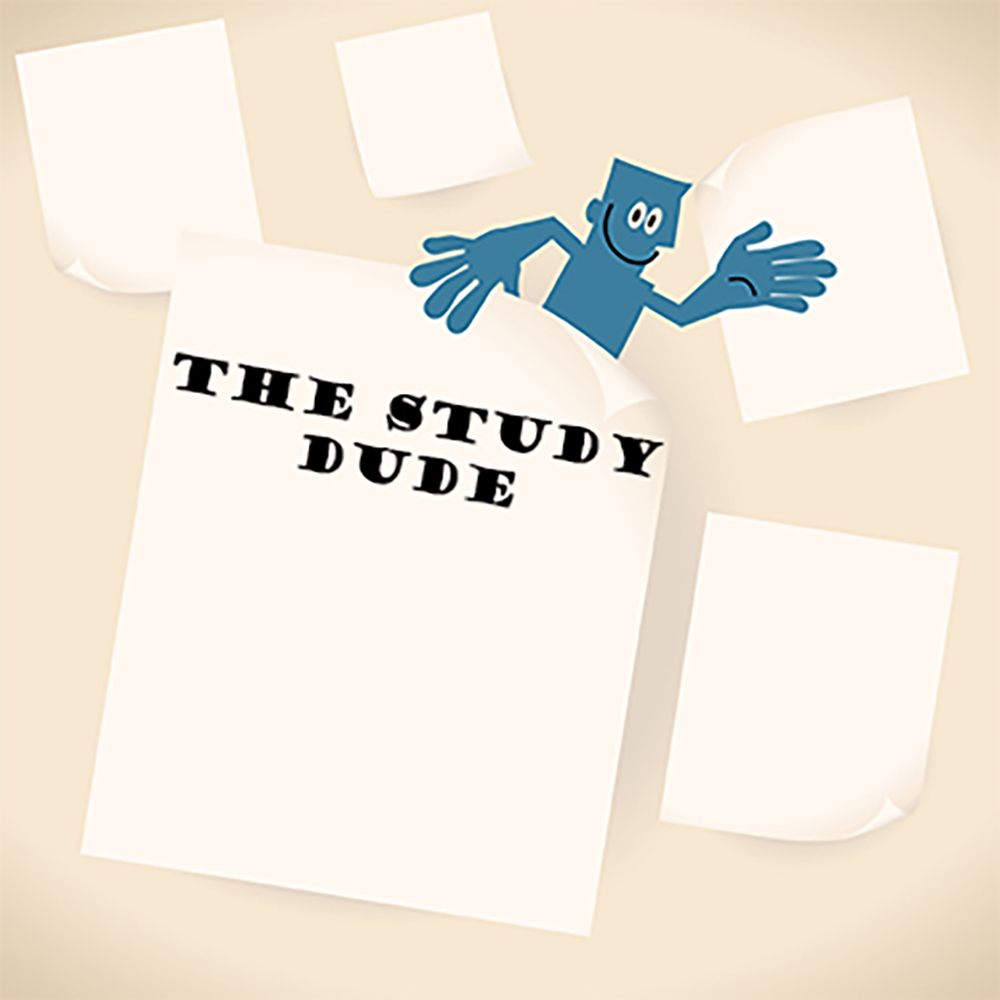 Number 10: “Once you see your grade, you’ll get skills in debate.”
Number 10: “Once you see your grade, you’ll get skills in debate.”
Debate requires skills in rhetorical devices. Do you know what a metaphor is? Assonance? Chiasmus? If yes, go craft a cunning argument.
Number 9: “Your mnemonics remind me of early Alzheimer’s.”
Make your mnemonics wildly visual. If you need to remember that a thesis has a topic and three parts, imagine a nice Calvin Klein top with three body parts jutting from it. Visualize it.
Use acronyms, too. Memorize the prof’s favorite stars? Cash, Bono, Waters, and Cher could end up as “Cash wanted 4 bone chair.” A Craigslist ad.
Number 8: “When it comes to punishment, I prefer multiple choice.”
During exams, fully read all the multiple choice questions and answers as you come across them. Put an x beside each choice you eliminate. If uncertain between two or more choices, put a question mark beside the question. Return to it later. Let your subliminal lightbulb flash when you least expect it.
Number 7: “If you can’t read the board, I can’t afford bifocals.”
When reading textbooks, first skim the table of contents and index. Then peer at chapter intros and conclusions. Figure out how the info will boost your wellbeing: make it your own.
Number 6: “I moonlight as a library barista.”
When faced with a paper, visit the library the instant you receive a due date. Scour the indexes and table of contents of books you locate. Seek out Amazon tables of contents. Ask your librarian for reference books.
Number 5: “Your class notes will be published in Memoirs of a Dictator.”
When taking notes, use shorthand. Use arrows, equal signs, abbreviated words?anything simple U cn rmber.
Number 4: “To make marking easier, I recycle F papers as feminine hygiene pads.”
Avoid that F. When planning your essays, use cue cards, outlines, and mind maps to sort your ideas. Add categories. Lots of quotes, too: one per card. Source.
Number 3: “The E in ?Exams? looks like the letter F with a sunken minus.”
Before writing your exam, read the instructions in full and scan the entire exam. Allot a time limit for each section. Watch the clock like a hawk.
Number 2: The FDA approved my final exam as a mock-up for electric shock therapy.
Shake off exam jitters. Wear a rubber band on your wrist you snap to stay focused. Chew gum to relax your muscles. Heave breaths in and out for five second each. Find reassuring words: “as long as I’m alive, I can tolerate this”; “there are at least ten-thousand-and-ten worse things than an F.” Now, does that sound reassuring? If not, blame the cognitive behavioral scientists, not me.
Number 1: “I’m like your thesis: overworked.”
When writing a thesis, start with a general topic. Scour books on the topic, paying particular attention to the index and table of contents. Try to narrow down your topic to something with tons of coverage.
But add a spin. Maybe focus on your biggest fears. Your passions. Or a spin that would humble you.
Then research and make cue cards or outlines, citing your references. Group cue cards according to subtopics. An argument will emerge.
Break your thesis into three general subtopics. The rule of threes means that two or four or five subtopics just don’t feel right. Somehow the human brain salivates at the thought of three.
Now, don’t underwork or overwork that thesis: tie your topic’s shoelaces with the rule of three.
So there you have the top ten things you don’t want your professor to say. And if I’m ever your professor, drop or give me 10.

